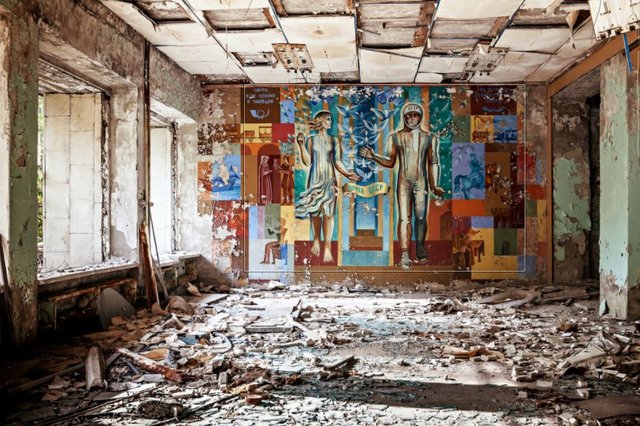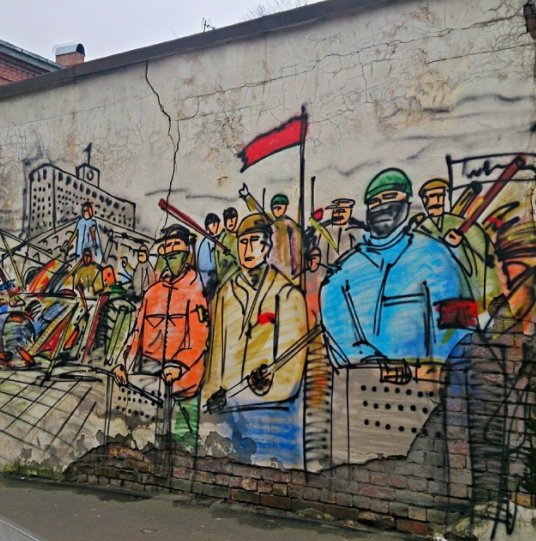Post Soviet Developments in the Caucasus - Transition Studies or Regime Change Dynamics

After the dissolution of the USSR expectations of democratization and economic modernization were high both in the West and in the newly independent states themselves. However, despite initial indications of liberalization most former Union republics have failed to develop strong and consolidated democracies.
Social scientists and scholars from other disciplines have produced an extended number of works describing and analyzing the democratization processes in the post-Soviet states, identifying factors that might explain both the successful and less successful cases. These attempts are often summarized under the headline ‘Transition studies’ as they apply and develop theories of transitions from authoritarian regimes in other parts of the world (Latin America and Southern Europe).

Basically these theories on transitions can be divided into structural, institutional and actor-oriented theories.
Structural theories focus on structural factors, such as economic modernization – sometimes assuming that the higher the level of economic development the better the chances for democracy. Structural approaches may relate the possibilities of democratization to social structures historically created within a country, or seek impediments to democratization in the character of the previous regime, that is to “the legacy of the past”.
Institutional theories focus on the role of institutions in a transition process, for instance the constitution or the party system.
Actor-oriented theories emphasize the role of actors in transition processes.
It is important to note, that theories of transition typically differentiate between two phases:
the transition phase, characterized by growing challenges to the authoritarian regime, such as the emergence of reform-oriented politicians and growing expectations of democratic reforms. Transition proponents emphasize the holding of free and fair elections as marking the end of the transition phase and the beginning of the consolidation phase.
the consolidation phase:
As Dawisha (1997) states, “…democratization is said to begin when the first set of free and fair elections for national-level office takes place. This first set of elections must be accompanied in short order by the granting of civil liberties and political rights and the establishment of both state institutions that operate according to the rule of law and intermediate organizations that mediate between the citizen and the state. If these events do not take place, then it is likely that the process of democratization will not be consolidated” (p. 41).
In the consolidation phase democracy, in the words of Linz and Stephan, has become “the only game in town”:
Our working definition of a consolidated democracy is as follows:
Behaviorally, a democratic regime in a territory is consolidated when no significant national, social, economic, political, or institutional actors spend significant resources attempting to achieve their objectives by creating a nondemocratic regime or by seceding from the state.
Attitudinally, a democratic regime is consolidated when a strong majority of public opinion, even in the midst of major economic problems and deep dissatisfaction with incumbents, holds the belief that democratic procedures and institutions are the most appropriate way to govern collective life, and when support for anti-system alternatives is quite small or more-or-less isolated from pro-democratic forces.
Constitutionally, a democratic regime is consolidated when governmental and nongovernmental forces alike become subject to, and habituated to, the resolution of conflict within the bounds of the specific laws, procedures, and institutions sanctioned by the new democratic process.“

As such, a consolidated democracy is one in which most major social groups expect that government leaders will be chosen through competitive elections and regard representative institutions and procedures as their main channel for processing claims on the state. This is one important factor in regime change dynamics - since efforts can be initiated to engineer society from within, fomenting internal domestic upheaval and discontent will play a major role in enacting so-called Westernized democratic ideals through mass popular uprisings.
References:
Juan J Linz and Alfred Stephan, “Towards Consolidated Democracies”, Journal of Democracy, Vol, 7, nr. 2, 1996.
Karen Dawisha, “Democratization and political participation: research concepts and methodologies”, in: Karen Dawisha and Bruce Parrot, The consolidation of Democracy in East-Central Europe, Cambridge 1997